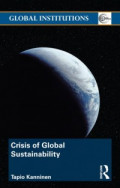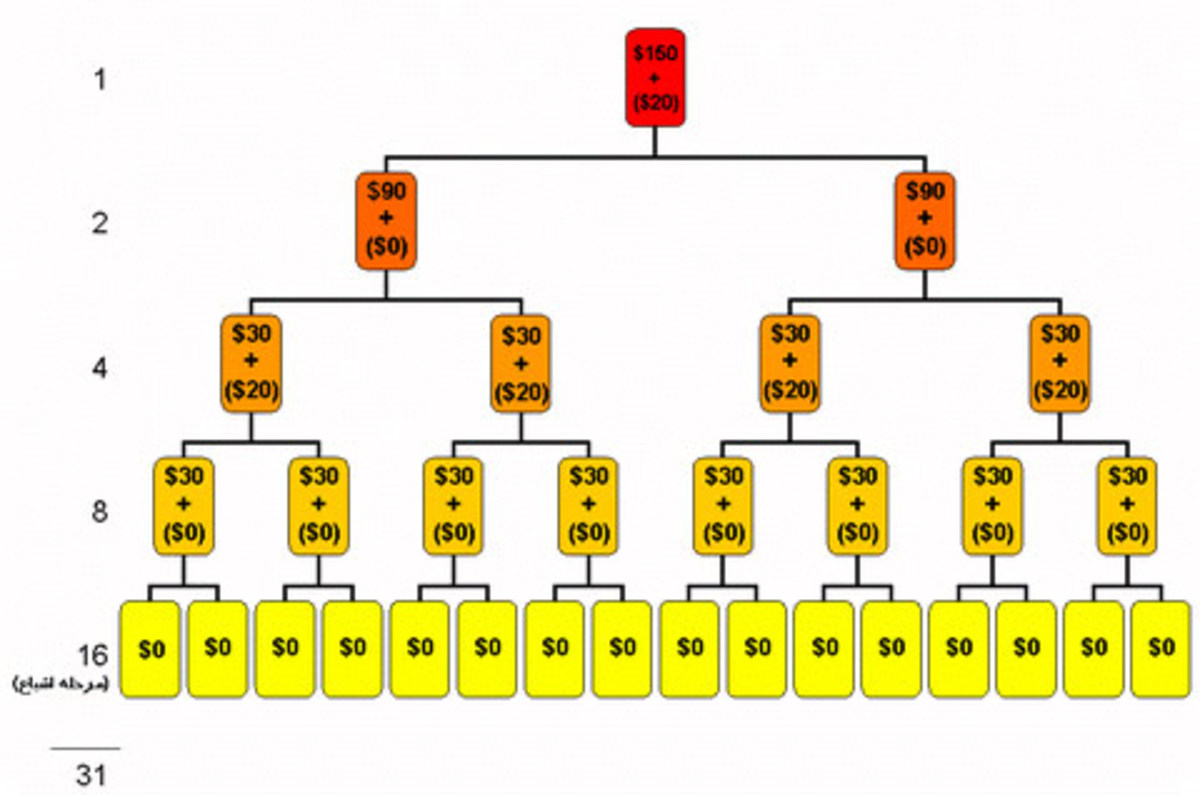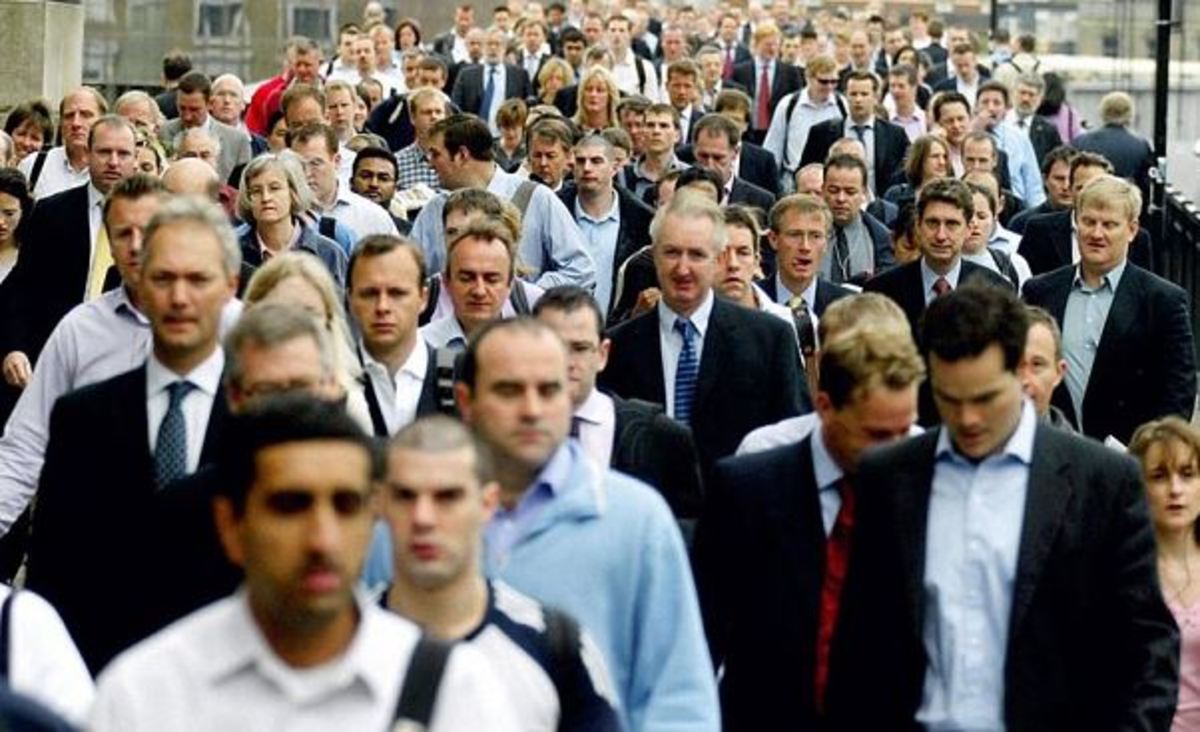Problems Associated with the Regulation of Transnational Organized Crime
Introduction
Transnational organized crime has in the recent past continued to rise in extent and scale, thus becoming an increasingly complex global threat. Transnational criminals do not recognize national boundaries, and they have the capability of moving large quantities of cash through a diverse international financial system that mostly supersede the overall economies of many states. Furthermore, they are occasionally involved in multiple-crime businesses while exploiting the opportunities from the growth of global transportation and communication in expanding their criminal activities as well in forging collaborations. In essence, the acerbic operations of transnational organized criminals in the modern era do not affect only particular nations, but rather, all nations (Wechsler, 2015). Transnational organized crime poses some problems which subsequently threaten international and national security, and law enforcement issues (Voronin, 2000). In many parts of the world, the effects of organized transnational crime have stirred an increased need to come up with ideally, global effective strategies to regulate this global problem. However, this move has always been impaired by a myriad of problems. It is the focus of this paper to evaluate some of these problems derived from historical and modern-day contexts.
a) Lack of sufficient resources to fight the crime
Organized transnational criminal groups often target emerging economies, democracies and developing nations. These nations are mostly vulnerable because they do not have the necessary and agile resources and the fact that most of the institutions mandated with the task are in the process of being established or they are at a young stage. In most cases, the mode of operation for these groups is quite sophisticated and that for a nation to effectively deal with them, they have to deploy an equally effective mechanism. In this respect, many of the developing nations and those with a transnational economy do not have in place a type of criminal system that can affectively match that of the transnational criminal groups. Furthermore, new capital is basically focused at reviving the economy of such nations and facilitates their entry and sustenance in today’s most demanding and competitive global market. Consequently, this too much emphasis on economic development has subsequently obscured the threats posted by transnational crime and the need to invest in the same. This may explain why the orientation of activities of the transnational criminal gangs is mostly towards developing nations and transitional economies owing to less risks and high potential of succeeding in such regions (Vlassis, 2016: 76).
Therefore, such groups are able to enjoy many benefits when operating in low economy and developing nations. Considering the high quantity of funds at their disposal alongside their capability at dealing with the rivalry through the use of such aspects as violence and intimidation, the associated risks for these groups are worthy accepting. Moreover, the power places of the organized transnational criminals are consolidated in the growing economies of such nations have been presumed to work positively for the group, particularly regarding current and future development of their “businesses”, their stability and competitiveness in the global business forum.
b) Poor & Ineffective Policies
According to Woodiwiss (2017) regulation of transnational organized crime has essentially failed because of poor policies and strategies to fight the crime. For instance, the author observes that the current policies on crime control mechanism used in the United Stated leans towards legitimizing oppression and the failure on cover up. These policies which are widely copied by other nations have done quite little in regulating organized crime both in the US and the global arena. While the organized control model by the US has been exported to other parts of the world, they have only worked best at facilitating the proliferation of criminal activities at global, national and local level, making prosecutions not only a complicated affair but also irrelevant (26). The author continues to note that the anti-crime approaches used by America are deeply rooted in xenophobia and hypocrisy which has subsequently resulted into a formation of a counterproductive approach in the modern day perspective. In this respect, the author warns against perceiving transnational organized crime as external from our social, political, and economic viewpoint. Therefore, as per this author, it is not prudent for the US and other nations to continue targeting foreign targets which are easily identifiable while leaving aside political and corporate interests (115).
Various analysts have criticized the US strategy in combating terrorism as not having a focus on having Islamic nations to device ways of fighting terrorism themselves. In many occasions, innocent visitors and immigrants have been identified as terrorists and either wrongly convicted or expelled from the nation (Kornbluh, 2013: 28). A good example to portray this notion is a 2007 case where a South African Scholar by the name Habib was denied a visa and imprisoned in US courts for allegedly having connections with terrorism. Although the social scientist and vice chancellor of the Johannesburg University was not directly related with terrorism by the US officials, the US Embassy showed him the statute it used in making the move. Accordingly, the particular statute derived from the US Nationality and Immigration Act allows any immigration official to deny any person who has been linked or merely suspected to be involved in terrorist or illegal acts entry into the nation (Baldauf, 2007). The fact that many innocent immigrants and visitors have been wrongly linked to illegal activities due to mere suspicion and hence denied their right to travel, live or do business in this part of the world is not arguable. In fact, the list of wrongfully convicted criminals and immigrants in US is lengthy, thanks to the flawed anti-crime policies in place.
c) Lack of Focus and Clearly Stipulated Goals
Beare (2003) agrees with Woodiwiss (2017) by articulating that the fight of transnational crimes have been impaired by the failure to focus on appropriate targets and threats. According to Beare, information relayed to the public regarding the nature and impact of such crimes as money laundering, organized crime, and corruption is mostly distorted. This is attributed to the fact that the parties involved such as the media, NGOs, the police, politicians or international agencies whose resources or existence depends on the public perception that the imminent threat if of a high magnitude harbor some vested interests. Beare observes that despite the expectation that nations need to react to corruption and organized crime in a standard manner by various conventions, agreements and accords, the measures have failed to deal with specific crimes. The author therefore, calls for a clearer assessment and focus at specific crimes, whether corporate or white collar as a well as a re-evaluation of domestic and foreign policies on organized crime. Most foreign policies as observed by the author are categorizing organized crime as either terrorism or drug trafficking, or money laundering. An examination of the specific foreign policies on transnational crime indicates a lack of proper structure, commitment to particular crime and lack of sufficient capital and resources to fight crime. Findlay (1999) argues that the combination of organized crime, transnational crime, corruption and money laundering as a “package” rather than separate entities has made it almost impossible to manage these specific crimes. Therefore, policy and enforcement efforts by key stakeholders need to be focused towards relevant targets while perceived threats need to be closely assessed to curb the fear culture, as well as wastage of resources.
The main internationally recognized legal tool for combating transnational organized crime is the UNTOC (The United Nations Convention on Organized Transnational Crime. The convention which was established in Italy 2000 focuses on addressing transnational crime as an element which cannot be effectively dealt with by treaties that are tailored towards a single commercial sector. According to this convention, TOC is defined as a structured organization with more than three members and creates a legislative framework for states to implement. Nonetheless, the ability of the convention in influencing and informing operational practices is quite limited. In particular, it has failed to effectively account for the raising, horizontal, and activity based criminal syndicate and the growing nexus between terrorism, organized crime, public health, conflict, financial conflict and modern technology (Sheptiki, and Wardak, 2006: 127).
Lack of Political Will
Various difficulties have marred the effective implementation UNTOC has been faced by difficulties due to lack of political will in doing so. According to Global Governance Monitor, (2013) in various parts of the world powers, there are many governments that are either partly or wholly controlled by organized crime syndicates or groups. For instance, some Eurasian countries such as Russia are well known to rip from benefits derived from organized crime, cyber-crime and energy exports. Another example is China whose economy has significantly benefited from counterfeits sold to third world and developing countries. Furthermore, many politicians in West and Latin America are occasionally influenced in one way or another by narco-trafficking groups, making it hard for the same to curb the vice.
Conclusion
From this analysis, it is apparent that transnational organized crime continues to thrive because of various factors some of which have been explained in this paper. Therefore, stakeholders need to refocus their strategies in ensuring that amicable and effective approaches are put in place to effectively regulate the vice. For instance, there need to be an international system where developing and emerging economies are supported in terms of resources and capital plus mechanisms of dealing with the menace. In addition, nations such as the US need to rework on its policies in not only sealing the loophole used by transnational criminals to continue with their activities but also in making sure that innocent people are not unjustly criminalized.
Furthermore, key players need to redirect their energies and efforts towards addressing specific crime. This way, it will be possible to set goals and measurement criteria for managing the crime. The combination of organized crime, transnational crime, corruption and money laundering as a “package” rather than separate entities has made it almost impossible to manage these specific crimes. Therefore, policy and enforcement efforts by key stakeholders need to be focused towards relevant targets while perceived threats need to be closely assessed to prevent a culture of fear, as well as wastage of resources.





